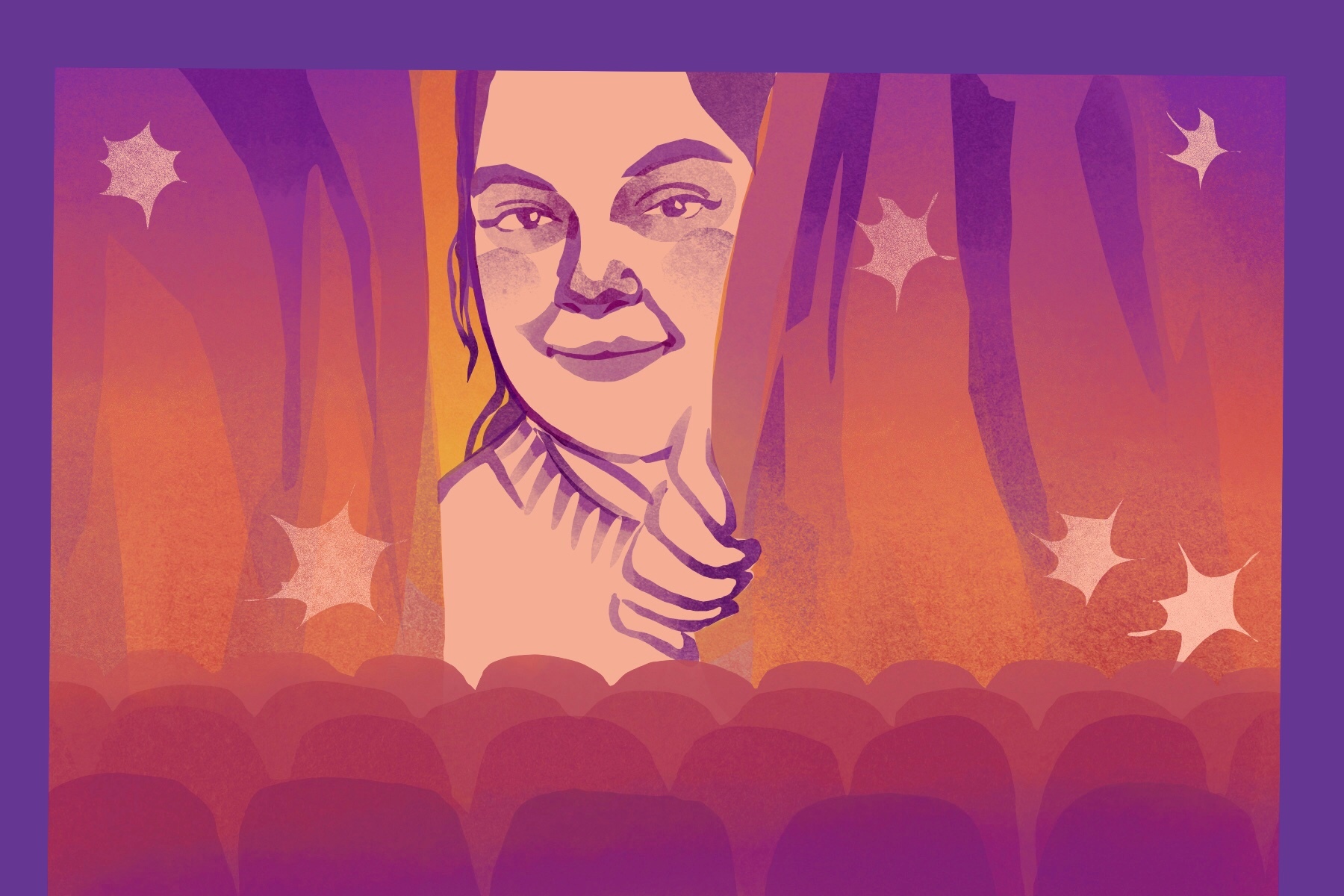The most important thing anyone can be these days is the main character. Not just a main character, but The Main Character— a fictitious protagonist and the Sun in their story’s solar system. What initially began as a way to boost a person’s confidence and romanticize one’s life has devolved into a world of delusion and narcissism. The aspiration for the spotlight, recently dubbed “main character syndrome,” goes hand in hand with a newer cultural emphasis on individuality. The emphasis on the self and hyper-individuality tries to usurp collectivist values and, in a sense, demonize them. Social norms and contracts become mere threats to identity. With the self becoming the only coveted position in the world, the lives of others are beginning to be seen as more disposable.
Everyone on social media has heard the phrase “get ready with me” — the GRWM hashtag has about 92.2 billion views on TikTok. Viewers watch step by step as creators pick out outfits and do their makeup with an accompanying storytime. The stories themselves are the allure of many videos. They range anywhere from pop culture to personal drama and viewers appreciate their intimate feel. Intimate, because the content of these stories seems almost wrong to spread to the masses. Good dates and bad dates alike are divulged alongside concealer recommendations. “Get ready with me to break up with my boyfriend” a sunny face invites while putting on a cosmetic headband. Here we see The Main Character persona take the driver’s seat — by creating many of these videos, influencers declare sole ownership of their experiences and farm everyone else involved for content.
Social media fuels the concept of The Main Character and its influence, normalizing behaviors that are inexcusable. Venting to friends is no criminal act, but broadcasting a personal story to hundreds of thousands on the internet is much less forgivable. Much of this content crosses boundaries and brings up issues of privacy for those involved in these stories. The usually unnamed “others” are subjected to the scrutiny of the world. In theory, few watching the videos can identify them, but the choice is never theirs to make. Occasionally, these posts will feature screenshots of texts, conversations from dating apps and even screen recordings of whole dating profiles. No matter if the content of the video is mild, the act of creating the video itself shows a disregard for another’s privacy and personhood.
While main character syndrome is easy to spot online, there is no doubt that it manifests in person as well. Oddly enough, you might find it in a friend at the beginning stages of therapy (this is, in no way, to say that therapy is detrimental.) A recent article published on Bustle, titled “Is Therapy-Speak Making Us Selfish?” sheds light on the issue. The article features stories of people who have been on the other side of another’s firmly and impersonally set boundaries. One person compared the experience to receiving an HR memo, and others expressed their frustration that the exchange left no room for their responses and needs. Perhaps not directly linked to main character syndrome, this rigidity in the name of setting boundaries can be seen as a product of a very individualistic mindset.
Again comes the question of what we owe each other. The article continues to state that this blindness to those on the other side of these conversations and boundaries leaves the boundary setter feeling isolated. Quoted in the article, psychologist Marisa G. Franco puts forth the term “mutuality” and recommends it in personal relationships. The reality remains that people and relationships are fluid— and people need people to thrive. When the self remains at the forefront of one’s thoughts and considerations, that can be easy to forget.
Setting aside the effects of main character syndrome on others, for The Main Character themself, the mentality is not sustainable. Again, within the need for individuality exists a breeding ground for insecurity, made worse by social media. Many new trends are little more than thinly veiled valorizations. In just a few short months on TikTok were the Side Profile Challenge, Written by a Man or Woman, Cover What Ruins Your Face and an endless list of others.
The main character syndrome’s greatest success is breaking down empathy. More than hurting others, The Main Character disregards them entirely, outside of their presence in The Main Character’s life. As the focal point of their own attention, The Main Character is not exempt from suffering. Loneliness and insecurity stick with them when they become isolated from their friends. So, what do we owe each other exactly? Nothing, really. The question itself implies a transaction, which isn’t really progress at all. A better change would be one toward an emphasis on community rather than just the self. Though individuality has its valor, the fact remains that people need people. Even when they try their hardest not to.

















